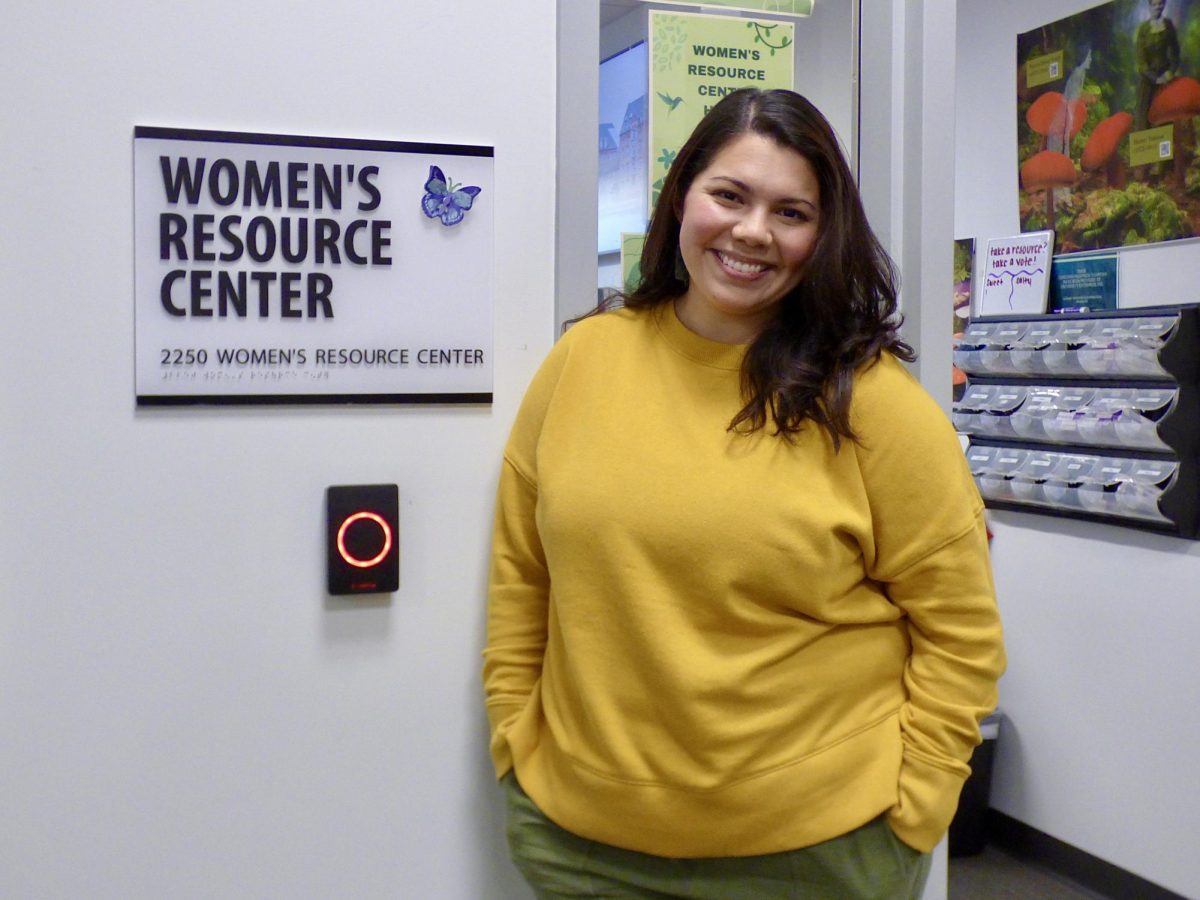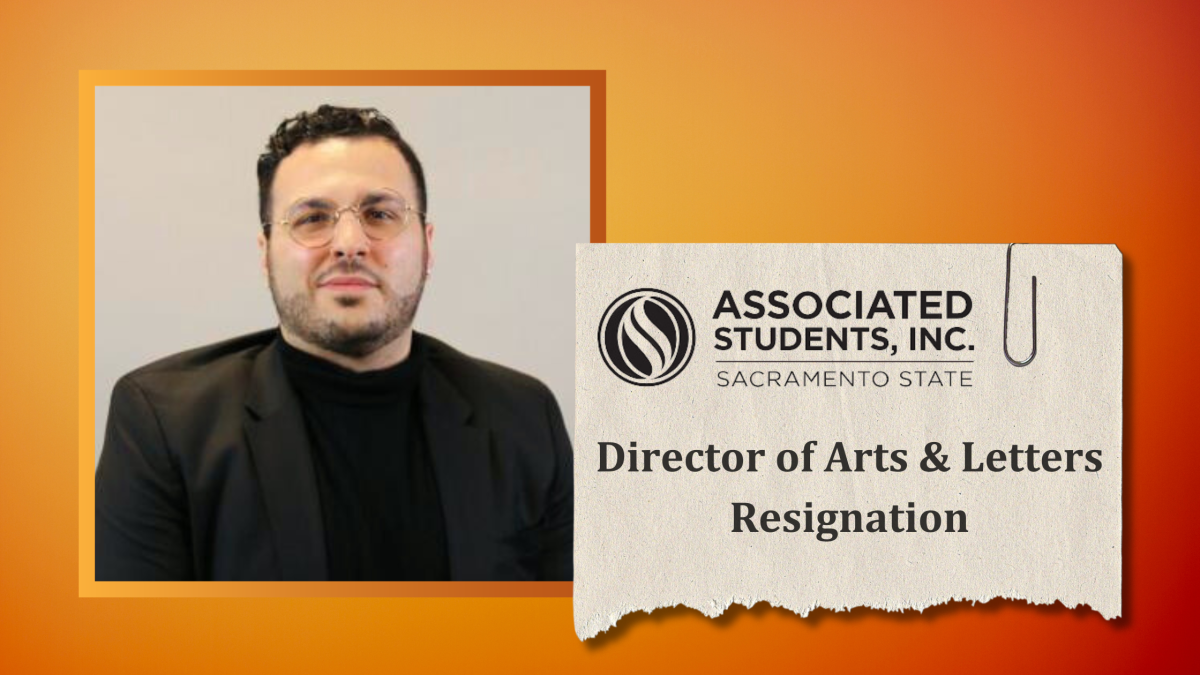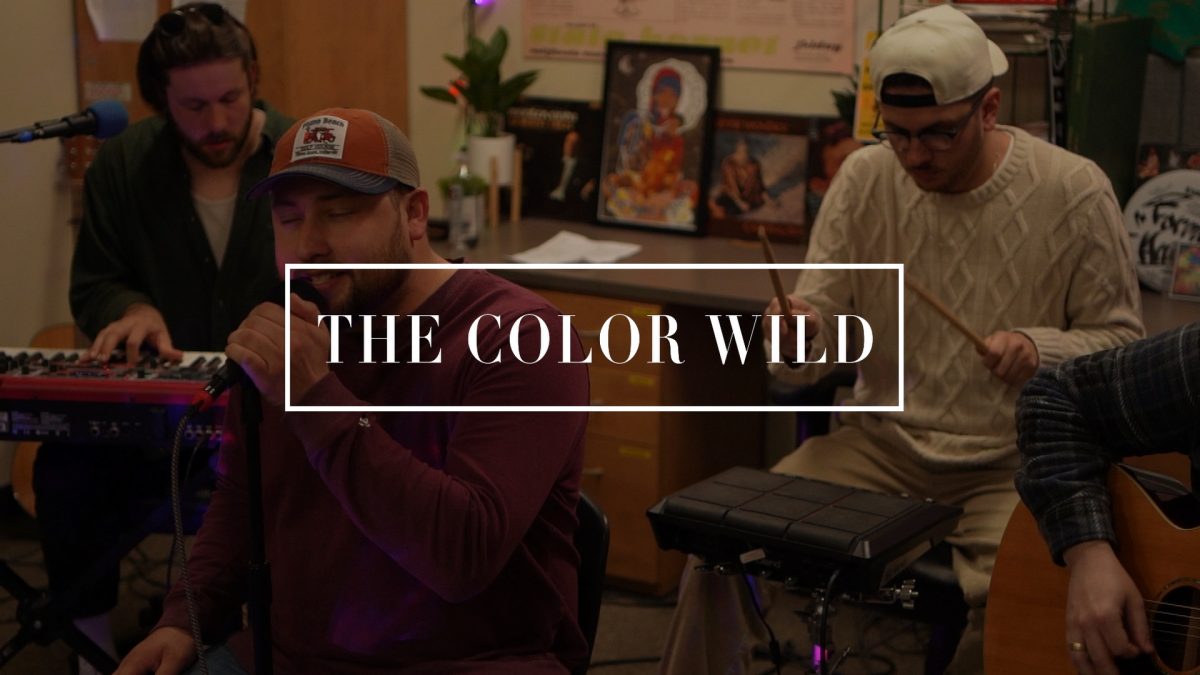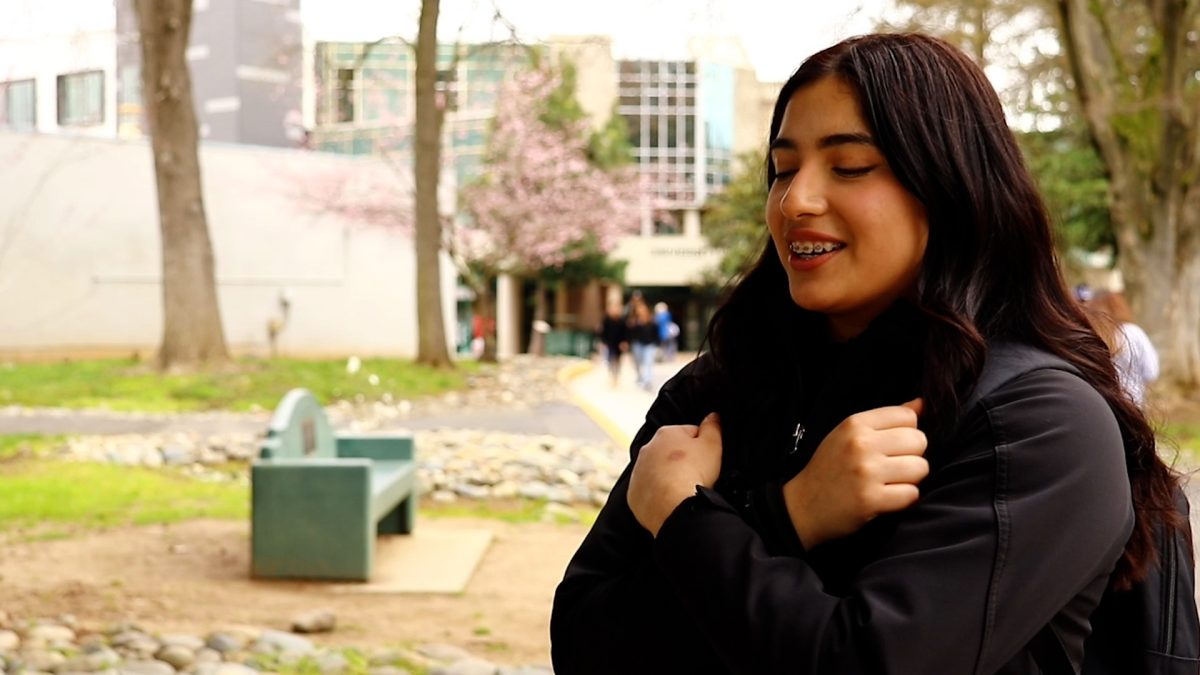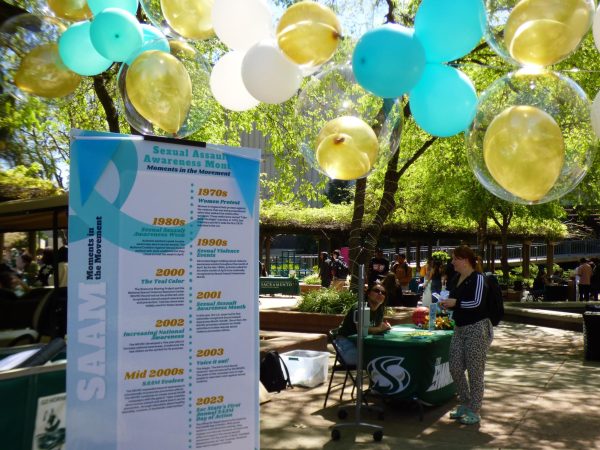Depression doesn’t have to end your life
May 6, 2009
It seems surreal to me now, but when I was 14 years old, I held a kitchen knife to my throat ready to kill myself.
I was a young teenager and the previous six years of my life had been a quick drop into a deep depression. The idea that life was a cruel, unending string of disappointments had sunk into my mind so deep that I couldn’t escape it.
I’ve never talked about that day with anyone. I shied away from getting help when I needed it the most.
Richard Brooks, professor of psychology, believes that a lot of people who suffer from depression might not be getting the help they need.
“To some degree there is a social stigma about getting psychological help, though a large amount of the population could use some at some point in their lives,” Brooks said.
I should be clearer on what depression actually is. We all have days where life just seems to not work out our way. Feeling sad once in a while isn’t necessarily depression.
Depression is a constant, throbbing sadness that invades every aspect of your life. It is a persistent burden that can become too much for people to deal with. Things that seem routine to many of us – like exercise, work and school – are thrown aside.
The symptoms are different for everyone, Brooks said. Some people lose their appetite, while others find themselves eating more. But more often than not, there’s a noticeable drop in motivation and energy.
For students here at Sacramento State, there is a source of help if life is feeling too burdensome.
Best of all, it’s free.
The Student Health Center offers free psychological counseling services. It offers individual and couples counseling, as well as crisis intervention and group therapy.
Every meeting is confidential, and what you say doesn’t leave your sessions without your written consent.
For some, getting counseling might be a large step to take. But there are plenty of websites to help deal with the issue.
The best of these websites seems to be studentdepression.org, where students from around the world can read up on how to deal with depression.
Studentdepression.org offers real stories of students who suffer from depression, along with the history of the mental illness and even offers different ways of coping with depression.
But there’s an important step that every depression sufferer has to take sometime. Eventually we all need professional help.
This seems to be the hardest part when it comes to dealing with depression.
“People talk about their favorite dentist, not their favorite psychologist,” says Brooks.
And while exercise and being more social have been shown to have their own measure of worth, depression for some sufferers is related to chemical imbalances in the brain. Psychiatrists can prescribe medication that puts the brain back into balance.
Combining those meds with exercise and therapy seems to be the best way to deal with depression.
You don’t have to live with depression like I did, and it doesn’t have to end your life.
David Loret de Mola can be reached at [email protected]






